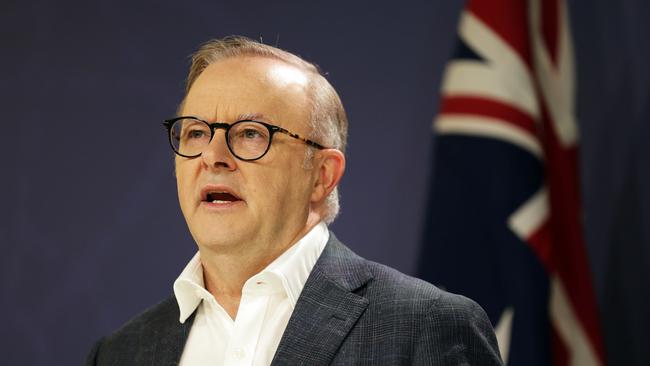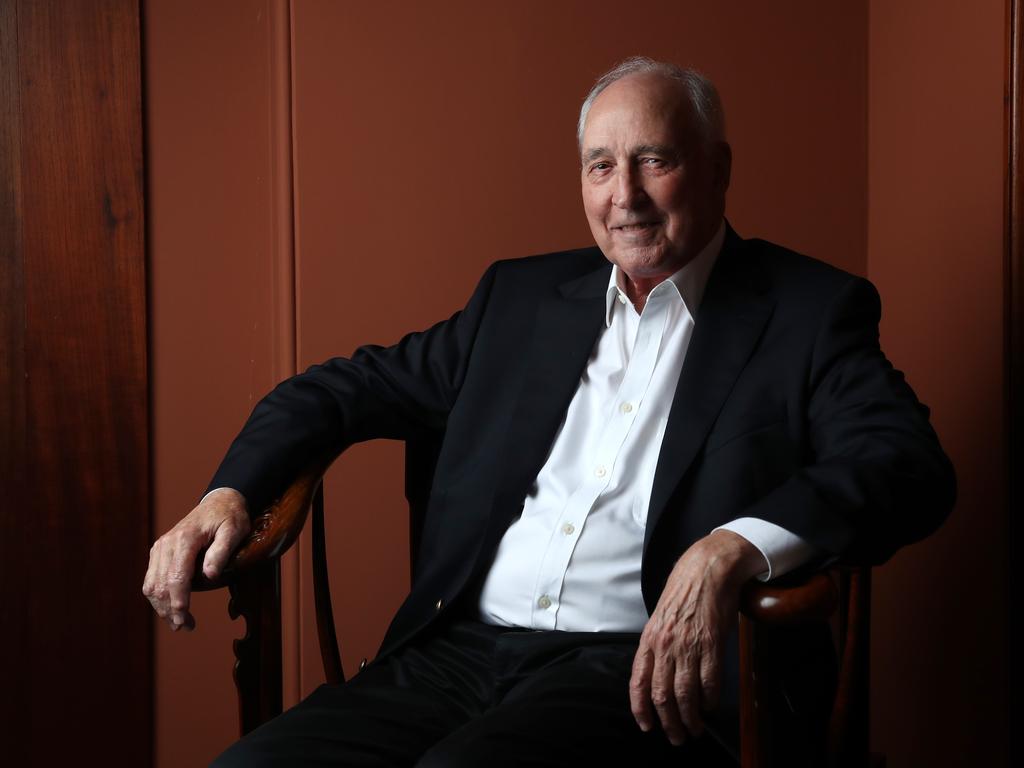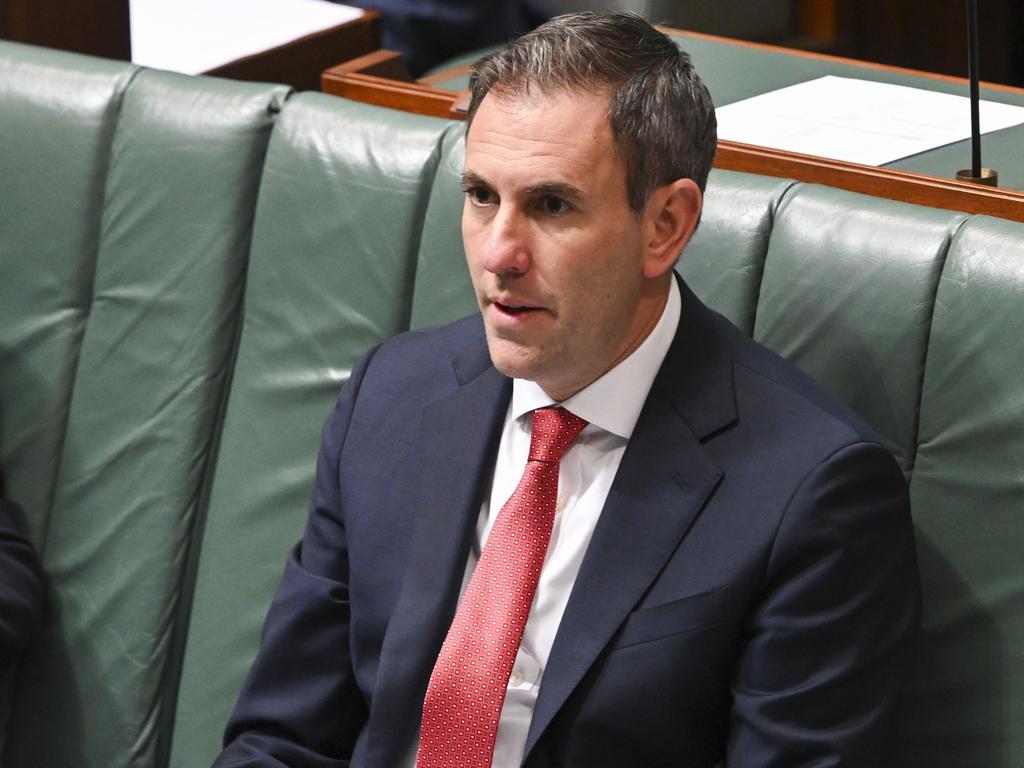National interest demands that PM regain momentum

After a bruising but frustrating 12 months dominated by the failed voice referendum, on which Anthony Albanese was more of a conviction politician than on any other issue, the government is ending the year looking dispirited and flat. It failed to prepare for and respond effectively to the High Court ruling that indefinite immigration detention was unlawful, causing the release of 149 asylum-seekers, some with serious criminal records. With each new arrest of one of the group (five as of Friday), Labor falls into a deeper funk.
Workplace Relations Minister Tony Burke snatched a political win on his Closing Loopholes Bill this week. But it takes the nation backwards about 40 years on policy and, if anything, will work against the nation’s biggest economic imperative – lifting productivity. Improving the public caring and welfare apparatus, while important, is not the same thing.
The Prime Minister’s malaise is reflected in the fact that since the defeat of the voice referendum, he has held more press conferences overseas than in Australia. At a volatile time in strategic policy, especially in the Asia-Pacific region, Mr Albanese’s trips have all been important. But, with joint press conferences with foreign leaders usually restricted to matters affecting both nations, scope for scrutiny on the full gamut of domestic issues has been limited.
It is in the national interest that Mr Albanese and his team take time across the summer to regroup and refresh ahead of the major challenges ahead in the new year. Amid public disquiet over living costs, these will include the cost to consumers and the economy of Australia’s transition to low-carbon energy. The new agreement between Jim Chalmers and the Reserve Bank board to explicitly target inflation at the middle of the central bank’s 2-3 per cent target range could be important to borrowers. Economists warned on Friday that it could lead to interest rates being held high for longer. Indigenous policy has largely fallen off the radar since the October 14 referendum. Sooner rather than later, Mr Albanese needs to take the nation, including Indigenous communities, into his confidence to outline a pathway to addressing serious areas of disadvantage.
In the eyes of many pundits, 2024 will be significant primarily because it will take the government and the opposition to within a few months of the next election. In a nation with major economic, strategic, energy and social policy objectives to be met, retail politics should not be the main game. What matters is good policy, decision-making and effective governance. Mr Keating is correct when he says one of the great costs in public administration is “the wasted bureaucratic effort on people ruminating and re-examining things, sending things off to committees. You’ve got to be brave in these jobs, you know, because the worst that can happen to you is you lose the job”.




Paul Keating, in an interview with Troy Bramston marking the 40th anniversary of the float of the Australian dollar, had some good advice for the Albanese government. Be brave and courageous, the former prime minister and treasurer said. Take policy risks and burn political capital; do not worry about polls or agonise about re-election. Voters, Mr Keating said, will reward leaders who pursue reform in the national interest. “In one fell swoop,” The Weekend Australian’s editorial said 40 years ago, the Hawke government “had opened up our financial system to the world and laid the framework for Australia to share in a potentially thriving international capital market”. The move, supported at the time by opposition Treasury spokesman John Howard, boosted business competitiveness, helped lift productivity and was an economic shock absorber. It made the economy more flexible and resilient.